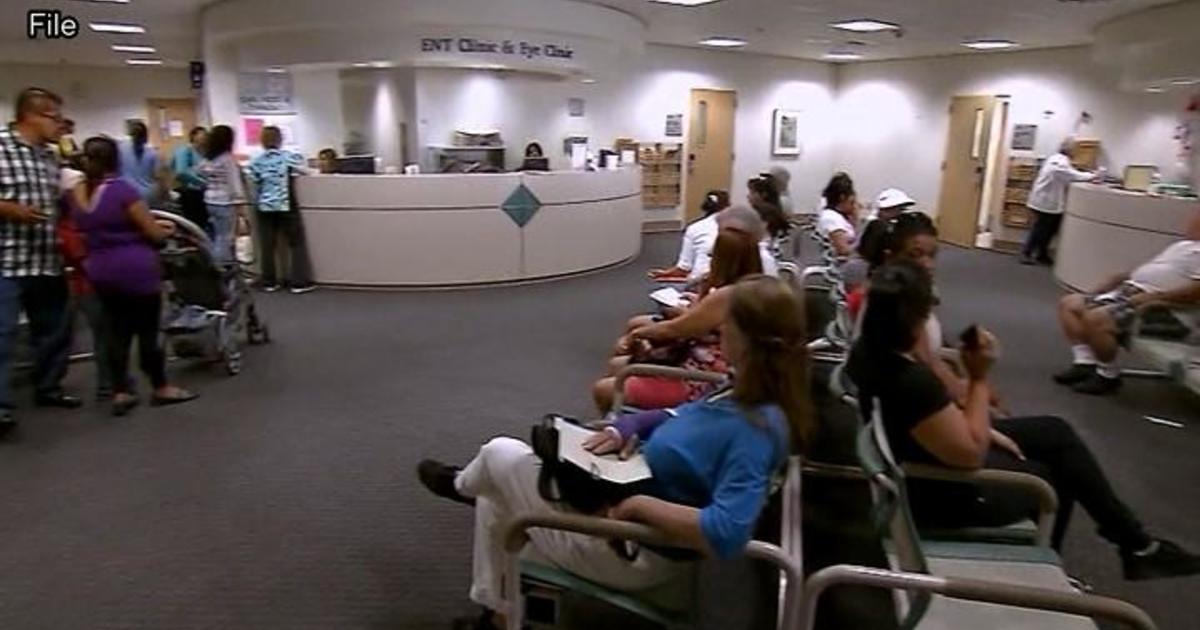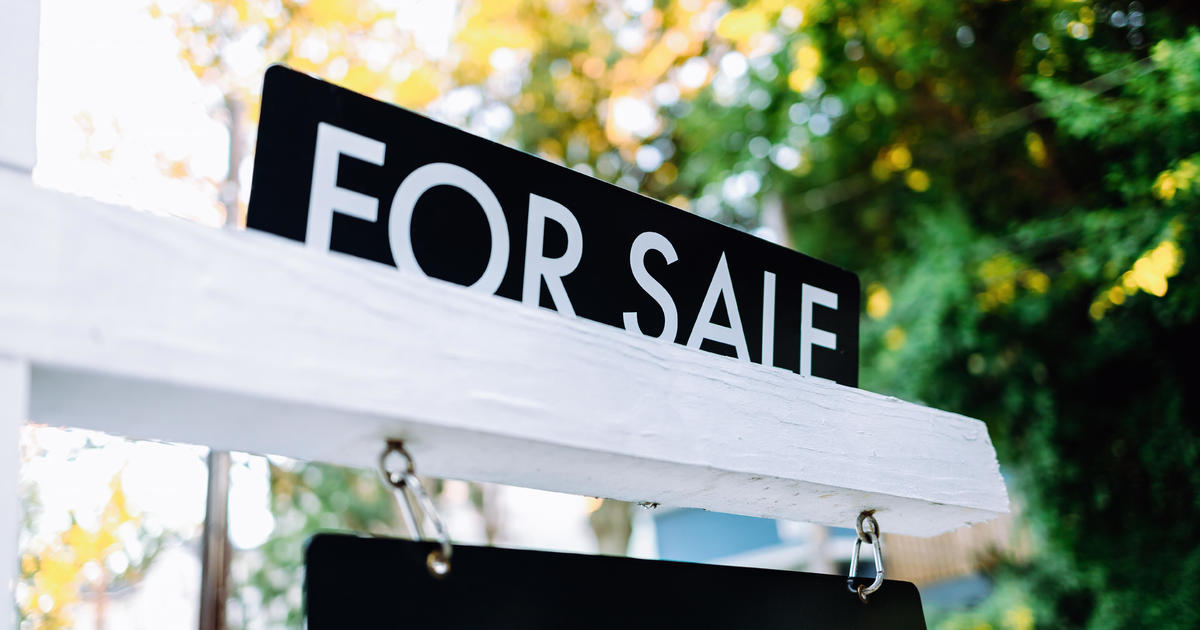'You're Less Vigilant' | Working From Home Due To The Coronavirus? Here's How To Avoid Cybersecurity Issues
BALTIMORE (WJZ) -- Millions of Americans are working and going to school from home due to the coronavirus pandemic, raising concerns about cybersecurity.
While many adjust to remote working and learning becoming the new normal, one cybersecurity expert told WJZ it's important people don't let their guards down.
"When you're at home, you're more comfortable, you're less vigilant and you start making easier mistakes," cybersecurity expert Spencer Pollock said.
The uncertain times can be an invitation for hackers or scammers to create chaos.
CORONAVIRUS COVERAGE:
- Coronavirus In Maryland: What We Know
- Coronavirus-Related Closings
- The Symptoms Of Coronavirus And What You Should Do If You Feel Sick
- LIST: EPA Releases Names Of Disinfectants You Can Use Against Coronavirus
- Coronavirus-Related Scams Are Going Around. Here's What To Watch Out For
- Latest coronavirus stories from WJZ
"A hacker, when they get in, it takes them 30 seconds to do searches of your emails and download specific information, they'll search financial information, bank accounts, social security numbers, and they'll download those files and then get out without you even knowing," Pollock said.
Experts say common cyber attacks include ransomware and business compromised emails.
"Ransomware is basically where they come in and take control of your system and they demand Bitcoin or a certain amount of money to get it back," Pollock said.
That's why cybersecurity professionals are warning those planning to spend extra time on their devices at home to take extra precautions to protect themselves, including having up-to-date malware software installed, using strong passwords and enabling multi-factor authentication.
Also, be wary of information you share online, Pollock said.
"Deleting emails that don't have that sensitive information, sending separate emails, let's say you're sending emails with your social security number: call; don't send it into the email. If you're sending (a) financial document, encrypt," he said.
When it comes to kids, keep their online work in a public part of the house and teach them about the dangers of third-party websites and phishing emails.
It's also best to avoid public Wi-Fi networks and to use a virtual private network to sign into a work computer and network from home.
With so many people using the internet, providers like Verizon are making sure their networks can handle the additional traffic.
Officials at the state and federal levels, including Maryland's attorney general, are urging people to be cautious of coronavirus-related scams and report suspicious activity to them.
For the latest information on coronavirus go to the Maryland Health Department's website or call 211. You can find all of WJZ's coverage on coronavirus in Maryland here.



